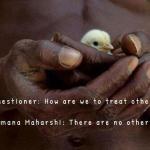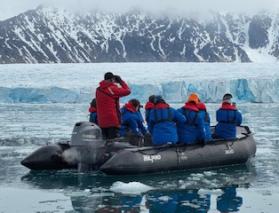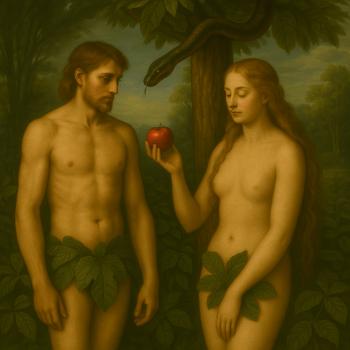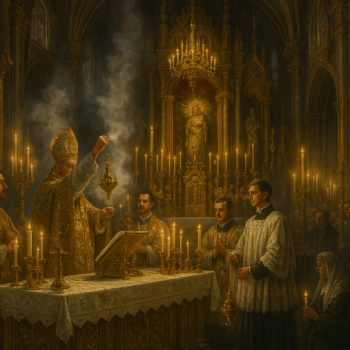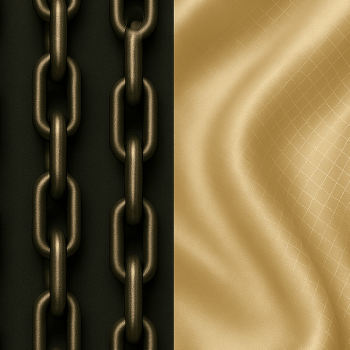In The Way, I wrote about historical cycles and interdependence.
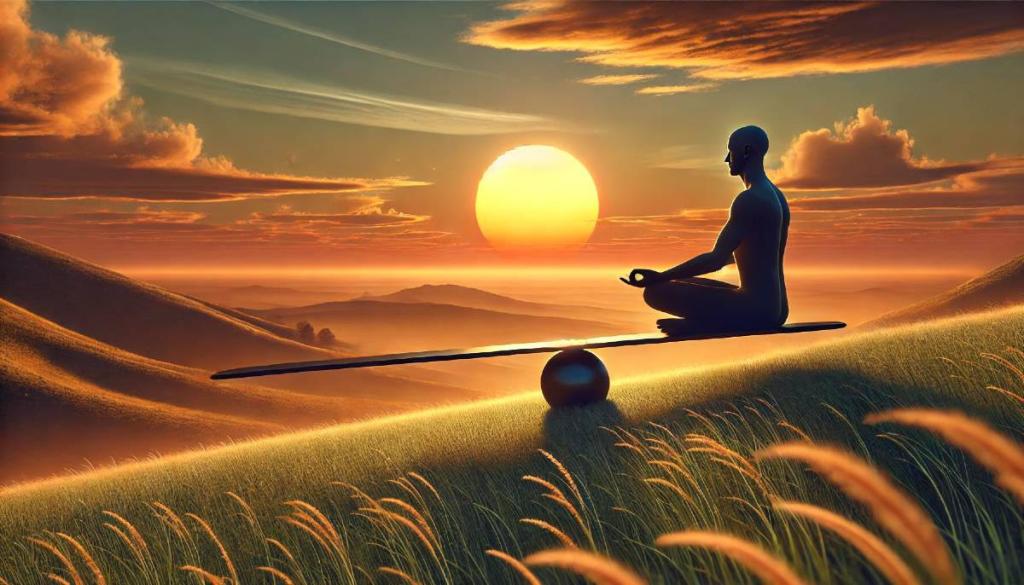
Do We Really Know or Do We Only Believe?
I have a Zen practice that helps me to distinguish between what I know and what I believe. I used to believe that there was a personal and supernatural God; that this God established our purpose; that I had a self, a soul, and free will; and that everything would work out for the best in the end. Now, I realize that I do NOT have any evidence for any of those beliefs.
I wrote about why we believe what we believe here. I suggested that we believe many things, even some unbelievable things, because they are comfortable or reassuring, NOT because we have any objective evidence or subjective experience to support them. More importantly, I concluded that we can have awe, gratitude, reverence and a sense of responsibility, regardless of our beliefs.
Some of my friends are saddened by the election results. Did they expect that God would do something different or that the voters would elect someone different or that the arc of the Universe would bend their way? Well, it is more observation than speculation to say that God did not do it, that the voters did not do it and that the arc of Universe did not bend their way.
It’s Just About Us
Before I published The Way, I asked ChatGPT to write a review, even though the book was not available anywhere. The review was spot-on, but it praised the part about “existential exhaustion.” Interesting. The book never mentioned “existential exhaustion.” (Maybe that will be the title of my next book!!)
Anyway, I talk to a lot of people who are experiencing some existential exhaustion. They worry about how they will live and how they will die. They worry about climate change and nuclear wars. Sure, I get it, but our stories are unfinished. Nobody knows how they will live or how they will die. No one knows whether they will perish in a climate furnace or a nuclear winter or neither.
What do we know, and what do we believe? Sometimes we freak out about what we believe, what we fear or what we regret, but we learn to come to terms with what we know. Because we must. When I drove a van for the VA, I was helping a disabled veteran to his front door. “Can you make it the rest of the way?” I asked. “I have to make it,” he responded with resolve.
I have real concerns about our future, too, particularly for LBGTQ people, immigrants, old people, poor people, women, etc. I’m a middle-class, straight, white guy, so I’m not directly threatened. But, it’s NOT about me, it’s about us. And it’s NOT about “us and them,” it’s just about us. How do we help the most people and hurt the fewest people? How do we live lives of compassion?
At this point, all that I know to do is to keep loving people. No anger here. No anxiety, either.
Were the Good Old Days Really So Good?
I think that we take ourselves too seriously. Tom Waits says that we are all monkeys with money and guns, and that helps to center me. I’m reading a lot of history, and I see that the good old days were not so good, after all. The shadow of slavery still looms. Our heroes were often flawed. Our paths were often purposeless (or wrong-headedly purposeful.)
Sometimes, our “city on a hill” seems more like a garish circus or a glitzy marketplace than a hopeful beacon or an inspiring example. Often, it seems like some of us are “more equal than others.” Today, it seems like unrestrained capitalism is only serving the very wealthy (or those who delude themselves into thinking that they might someday become very wealthy.)
In the East, many believe that history (like nature) is cyclical, NOT linear. Maybe the Universe is eternal, uncreated. Perhaps destruction is as essential as creation to the workings of the Universe. Maybe change is the only constant. Perhaps everyone and everything exists in interdependence, not in independence.
The cycle continues. The pendulum swings. A century ago, when inequality reached a peak, the pendulum swung from the robber barons of the Gilded Age to the social programs of the New Deal.

The Cycle Continues. The Pendulum Swings.
In The Way, I wrote about historical cycles and interdependence.
Neil Howe and William Strauss wrote a book called “The Fourth Turning,” which suggests that history follows 80-year cycles, similar in their length to a long human life. For example, the Revolutionary War was approximately 80 years before the Civil War, which was approximately 80 years before World War II, which was approximately 80 years ago.
Midway between these low points in the cycle, there are high points in the cycle. For example, approximately 40 years ago, the 1970s were a time of tremendous societal change, marked by the civil rights movement, the environmental movement, and the women’s movement.
Maybe our children will see better days. I used to work as a consultant to governments, and I saw that even the worst government would do “just enough, just in time” to avoid a catastrophe. So, even if a few billionaires rocket to Mars, the rest of us will have to figure out what to do here, now. I am cautiously optimistic that we will figure it out.
Constantly, I ask myself, “What is really happening, and what am I really supposed to do about it?” Sure, the world might seem violent, but I can be peaceful. The world might seem meaningless, but I can find purpose. The world might seem disconnected, but I can pursue connection. And the world might seem discordant, but I can seek harmony.
I love my wife, I enjoy my children, I kiss my grandsons, I marvel at nature, I treasure my friends, I walk my dogs. I wrote about that here. We have helped many people who can never repay us. That’s as it should be. We are all living one life. And sometimes, in a difficult situation, I lock eyes with a stranger whose look tells me that he gets the joke, and I know that I’m not the only one.
If you want to keep up with the latest from You Might Be Right, please subscribe.
The Way received a 2024 Nautilus Book Award.
If you enjoyed this article, please leave a comment at the bottom of this page.
Thanks for reading You Might Be Right!!




